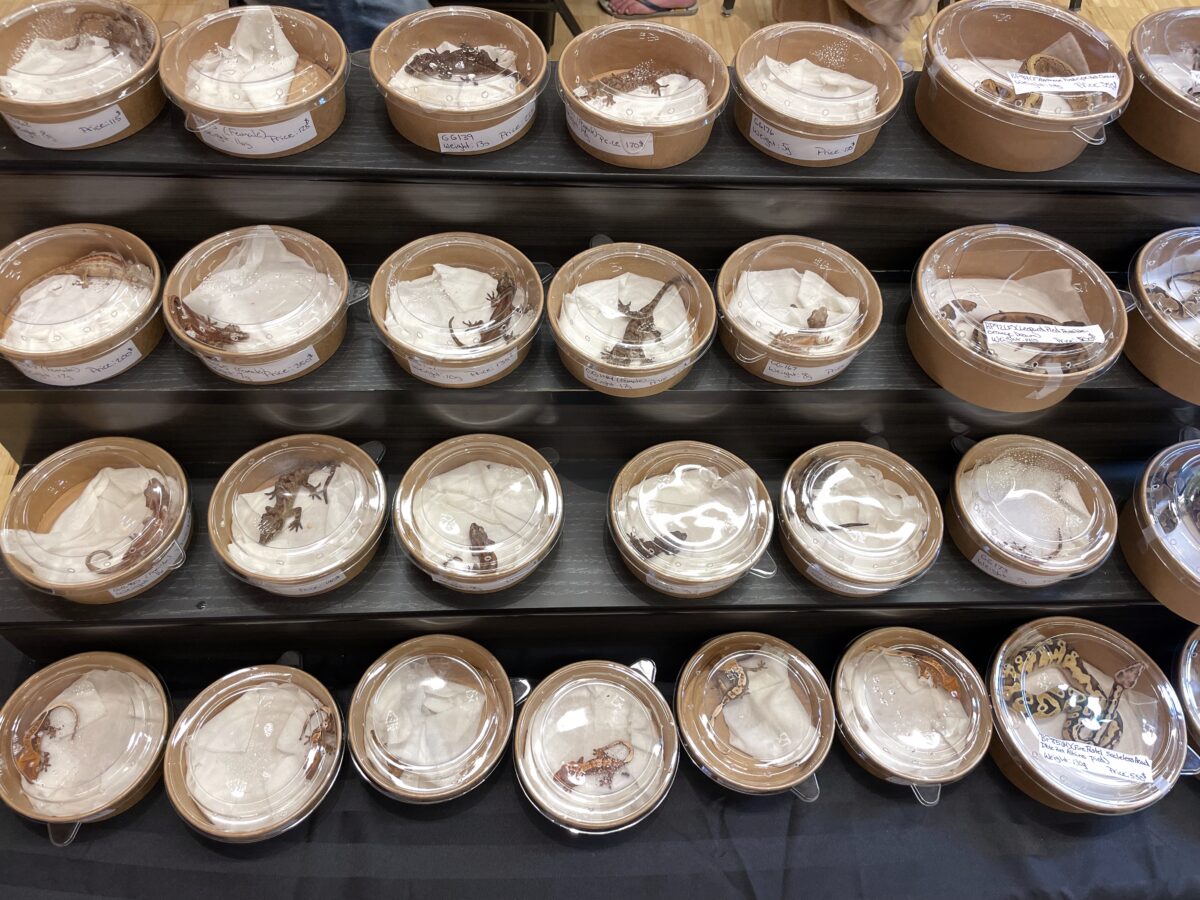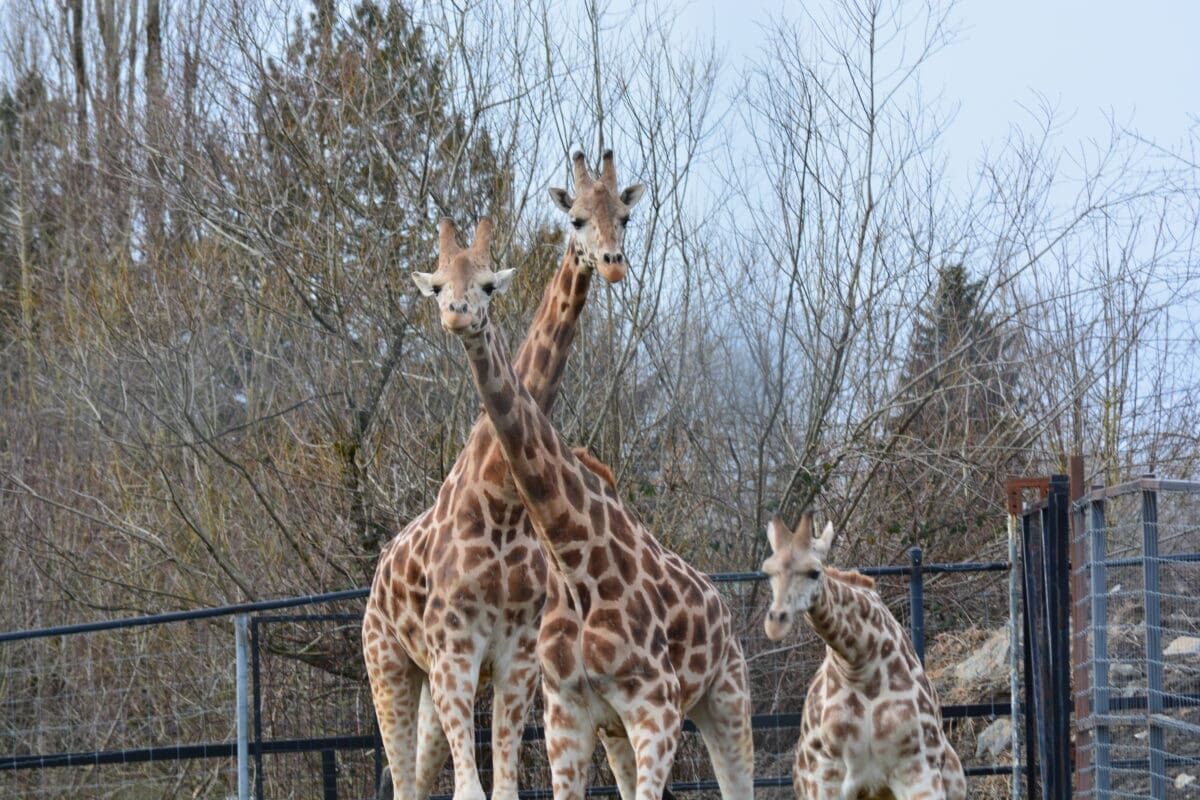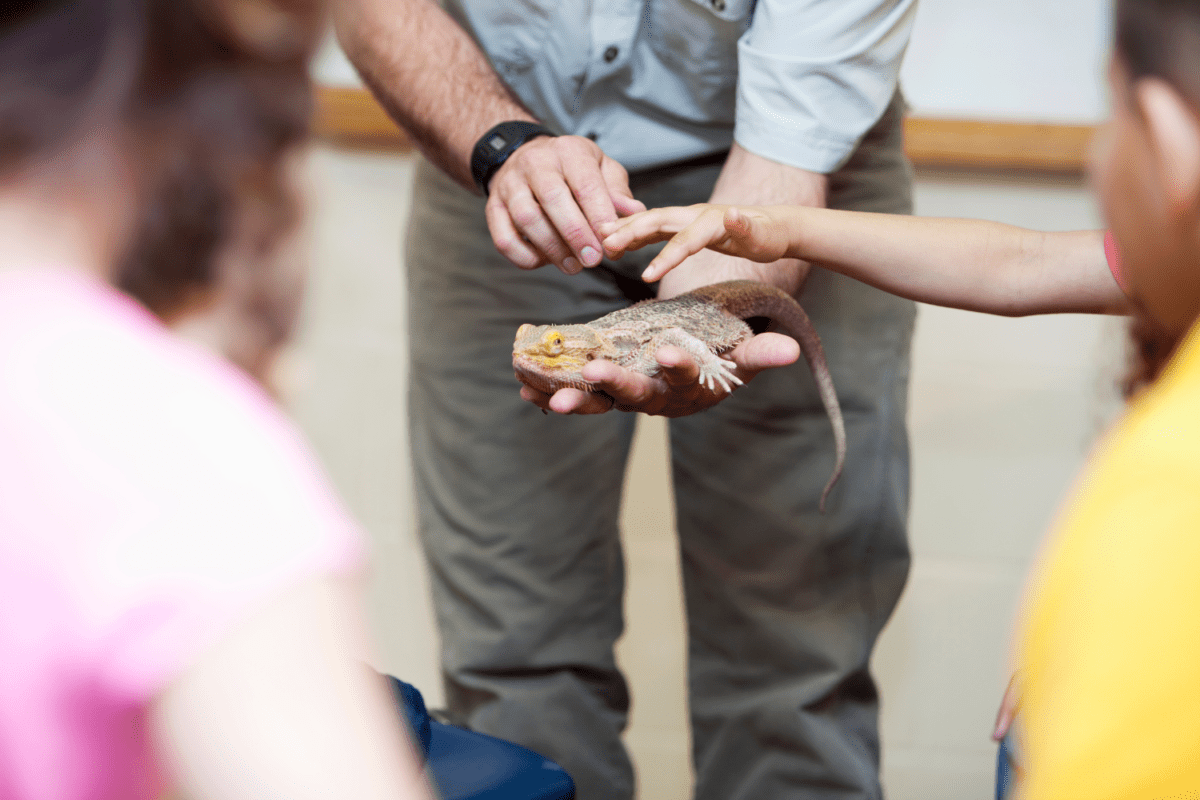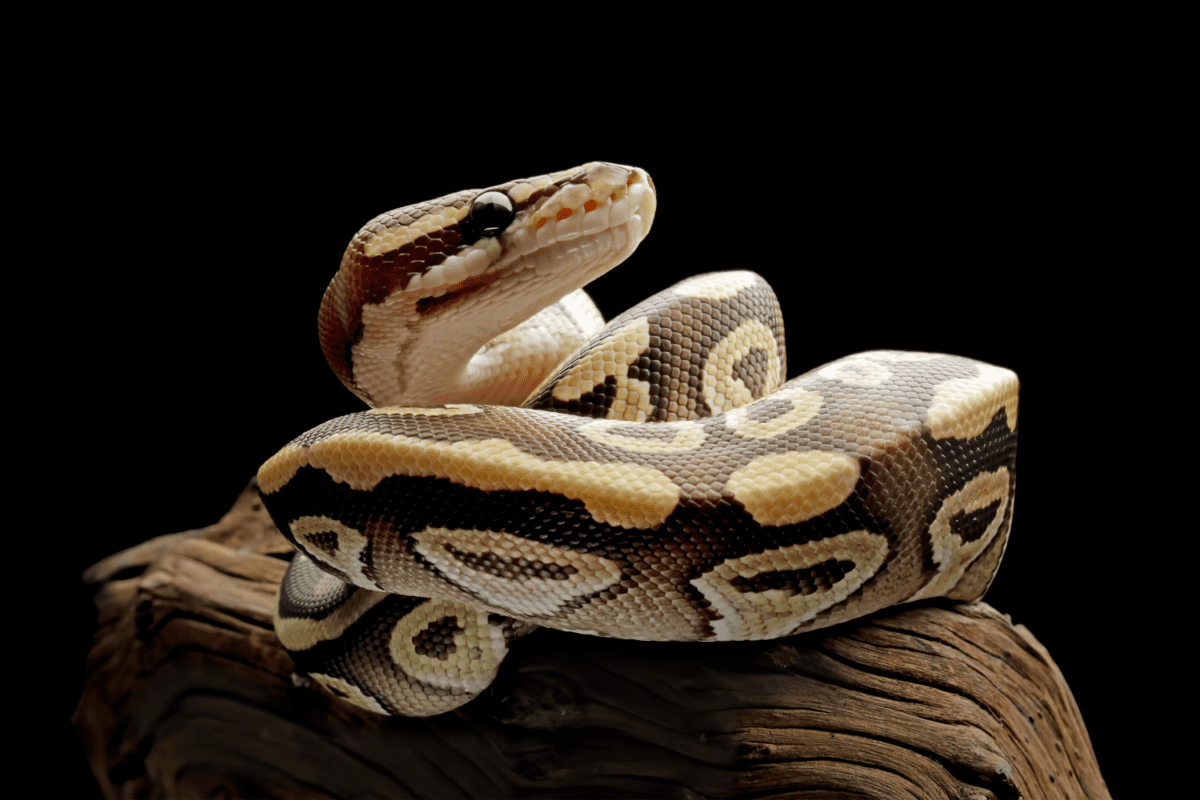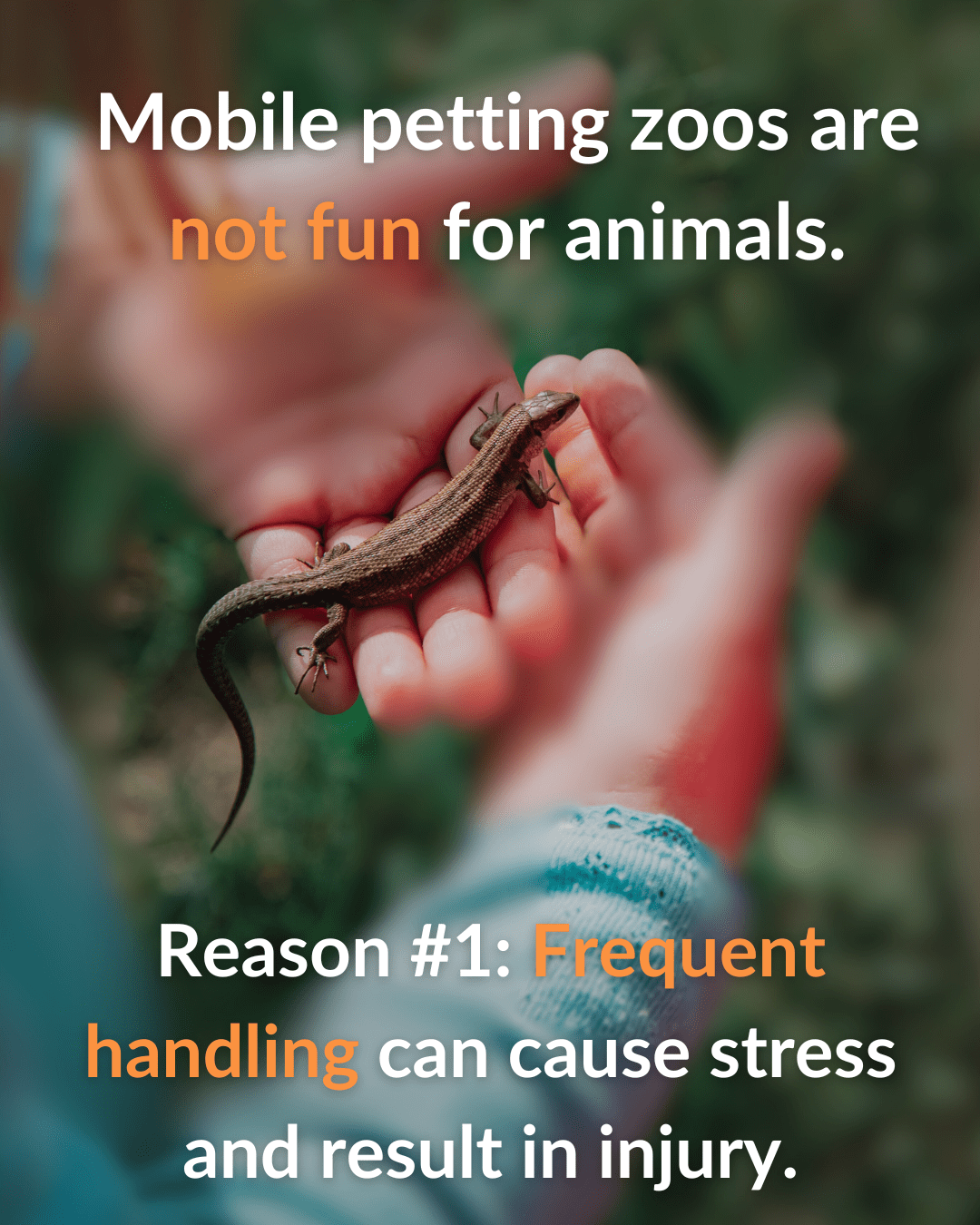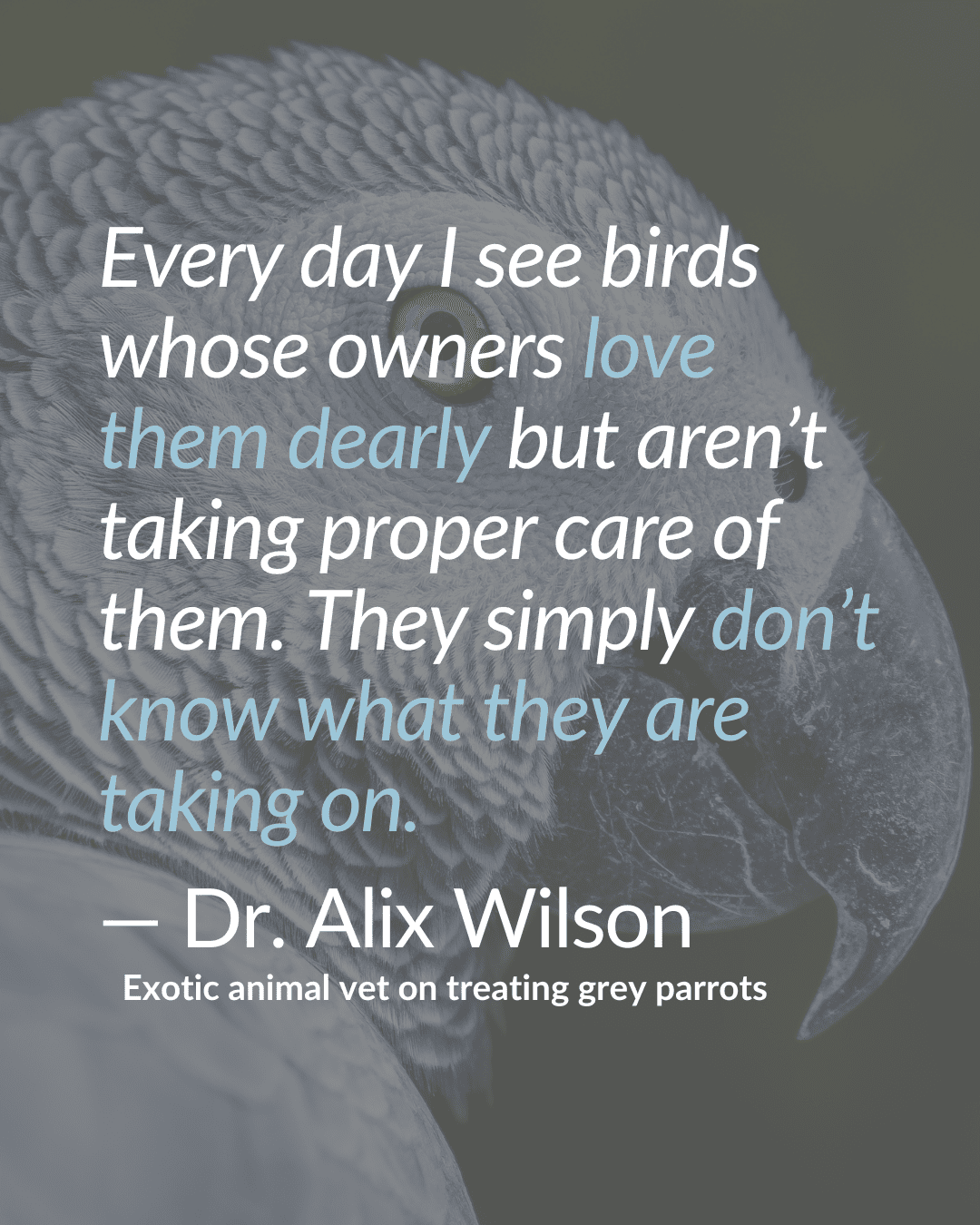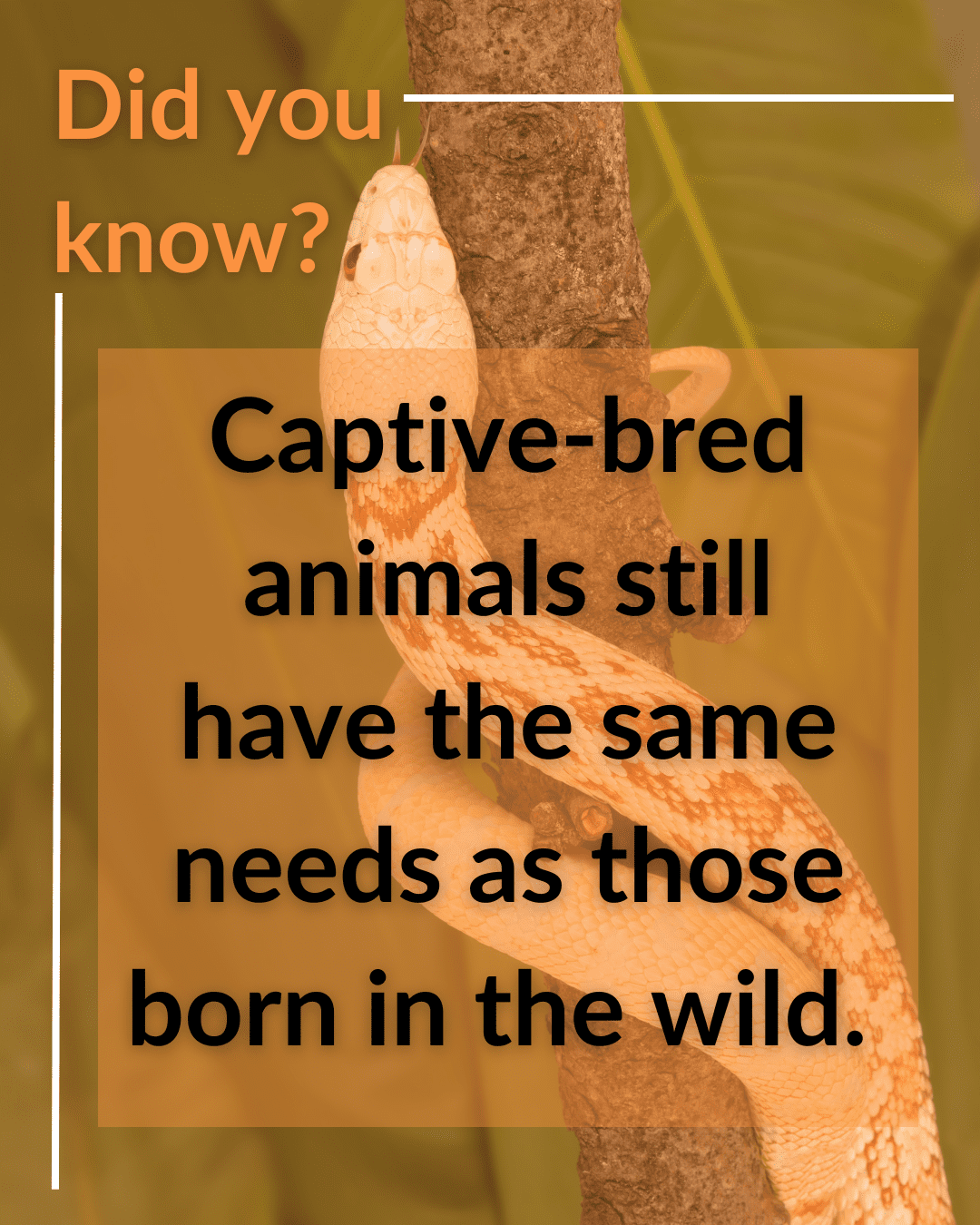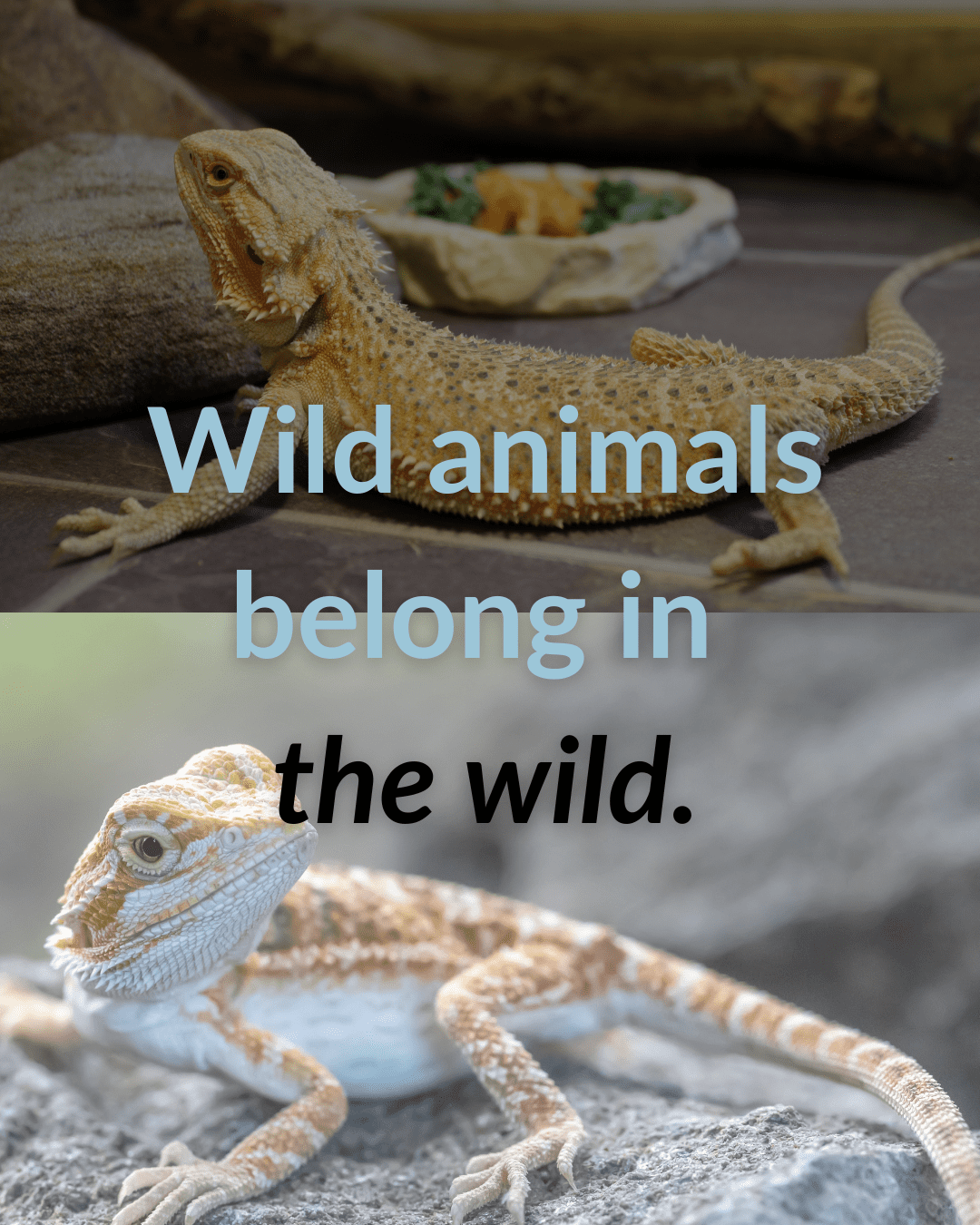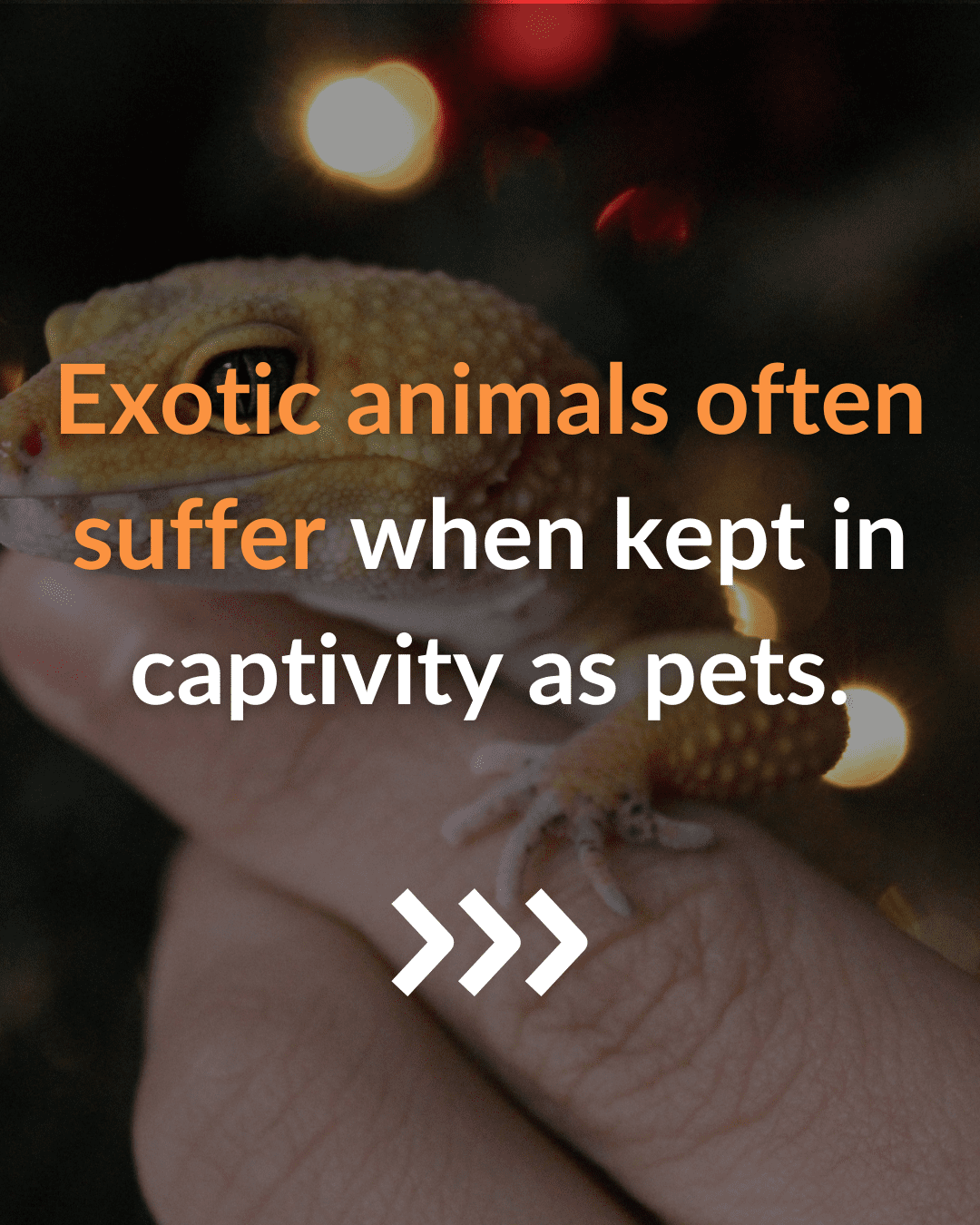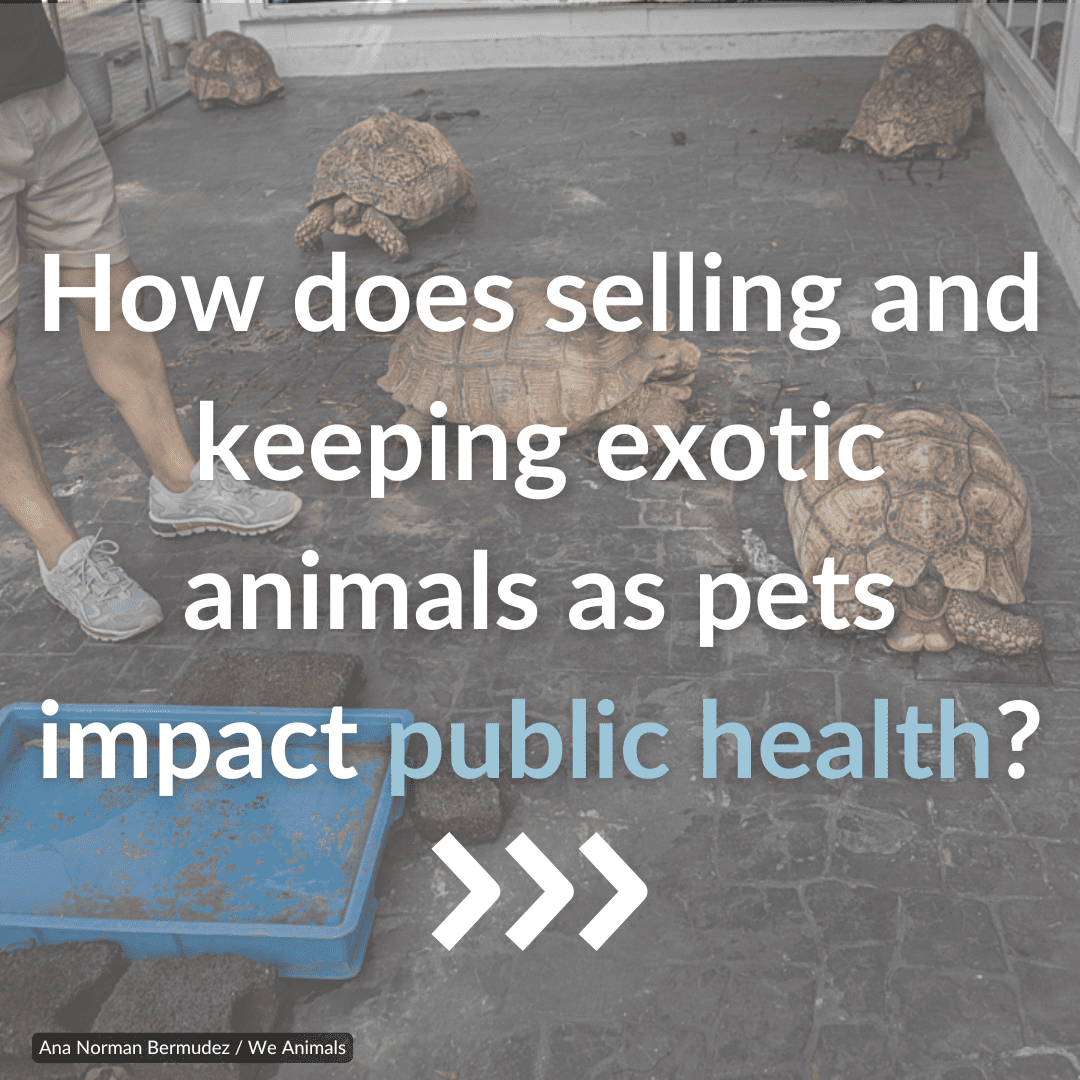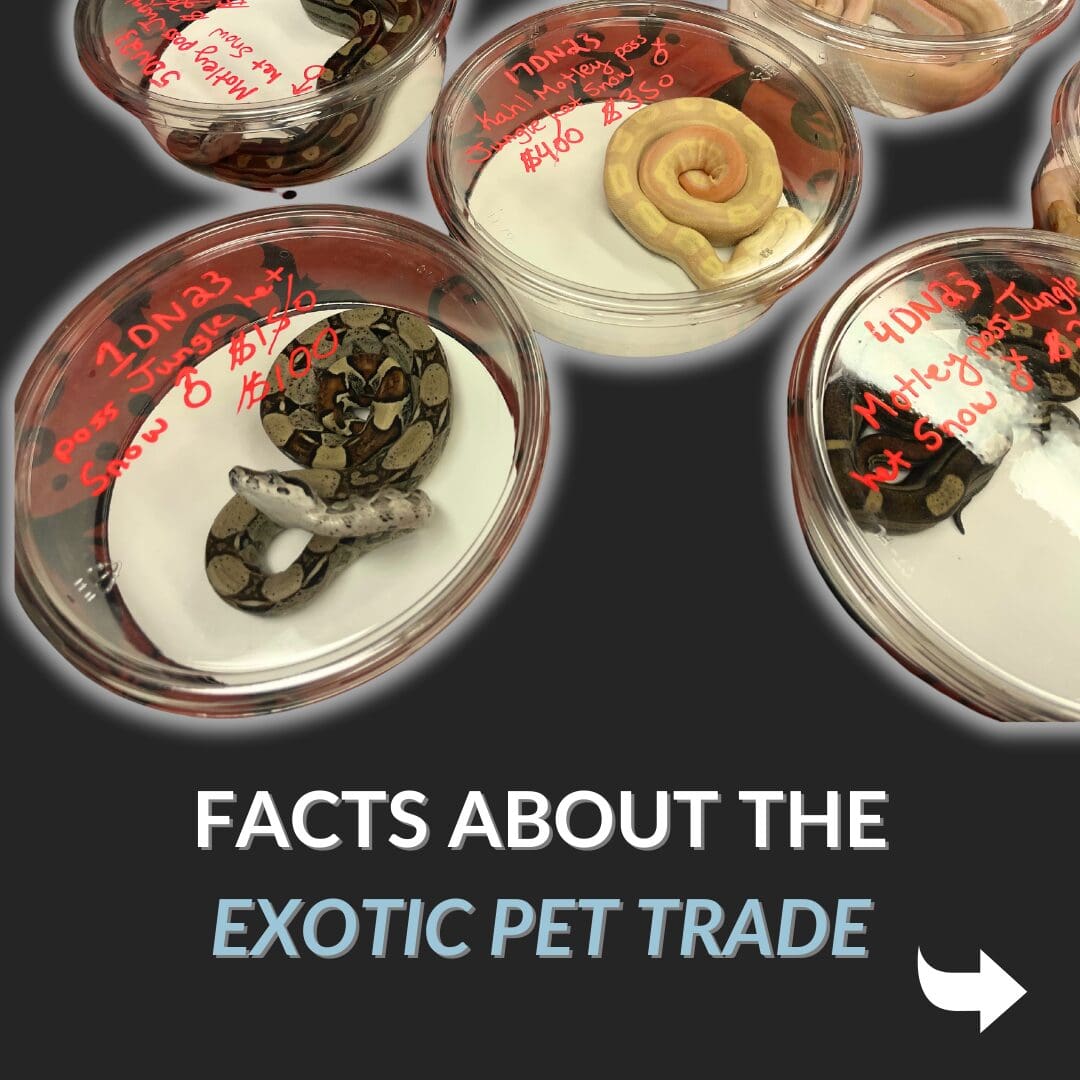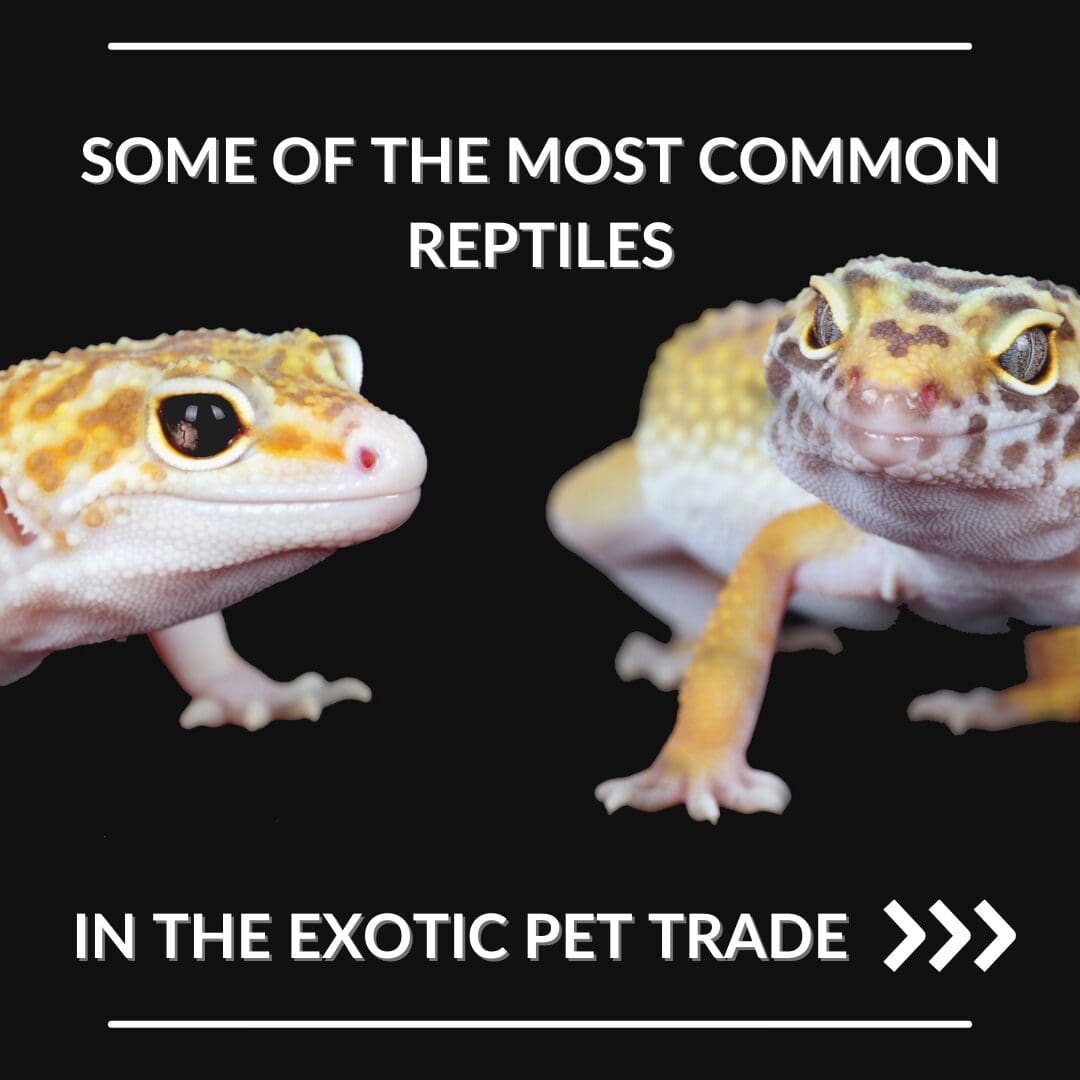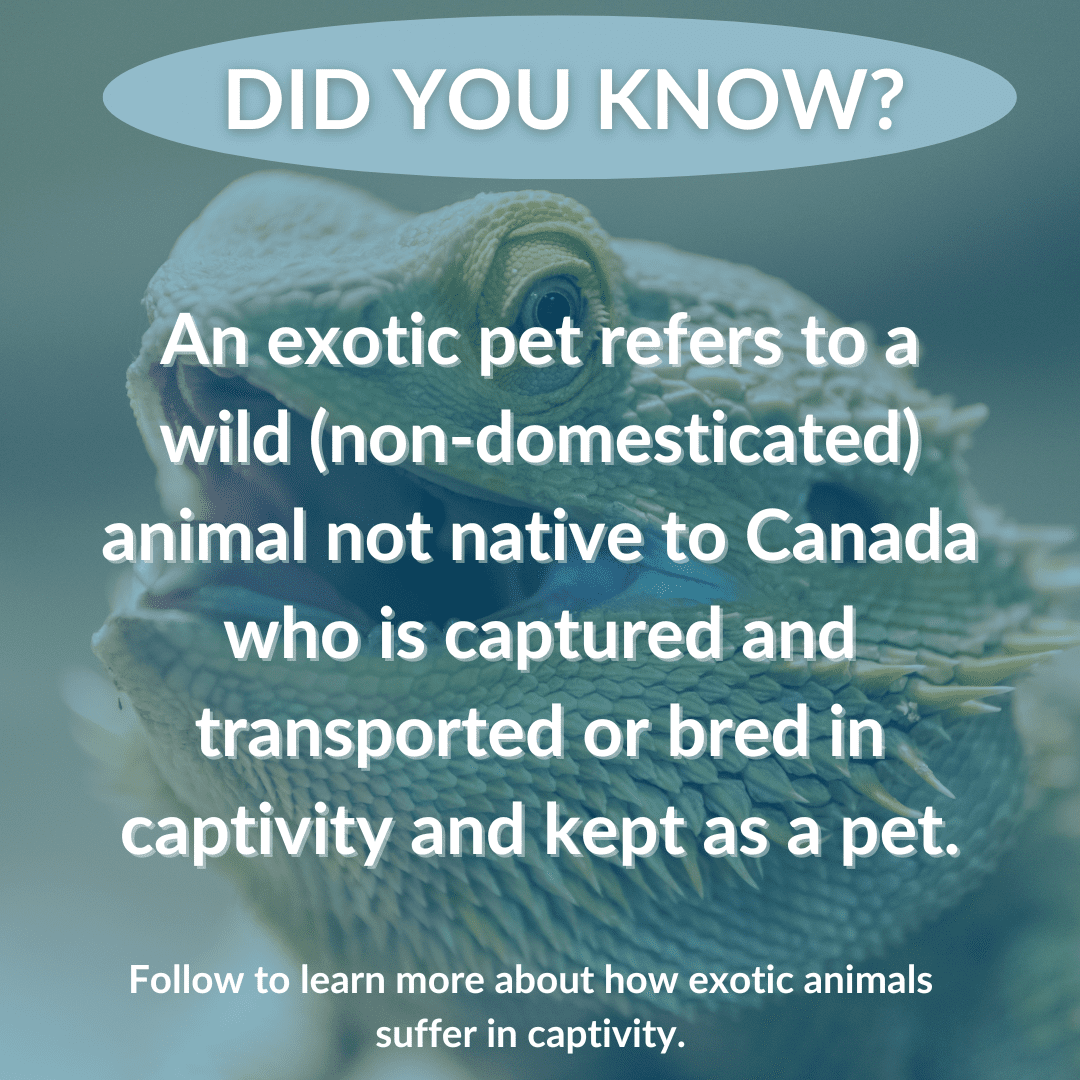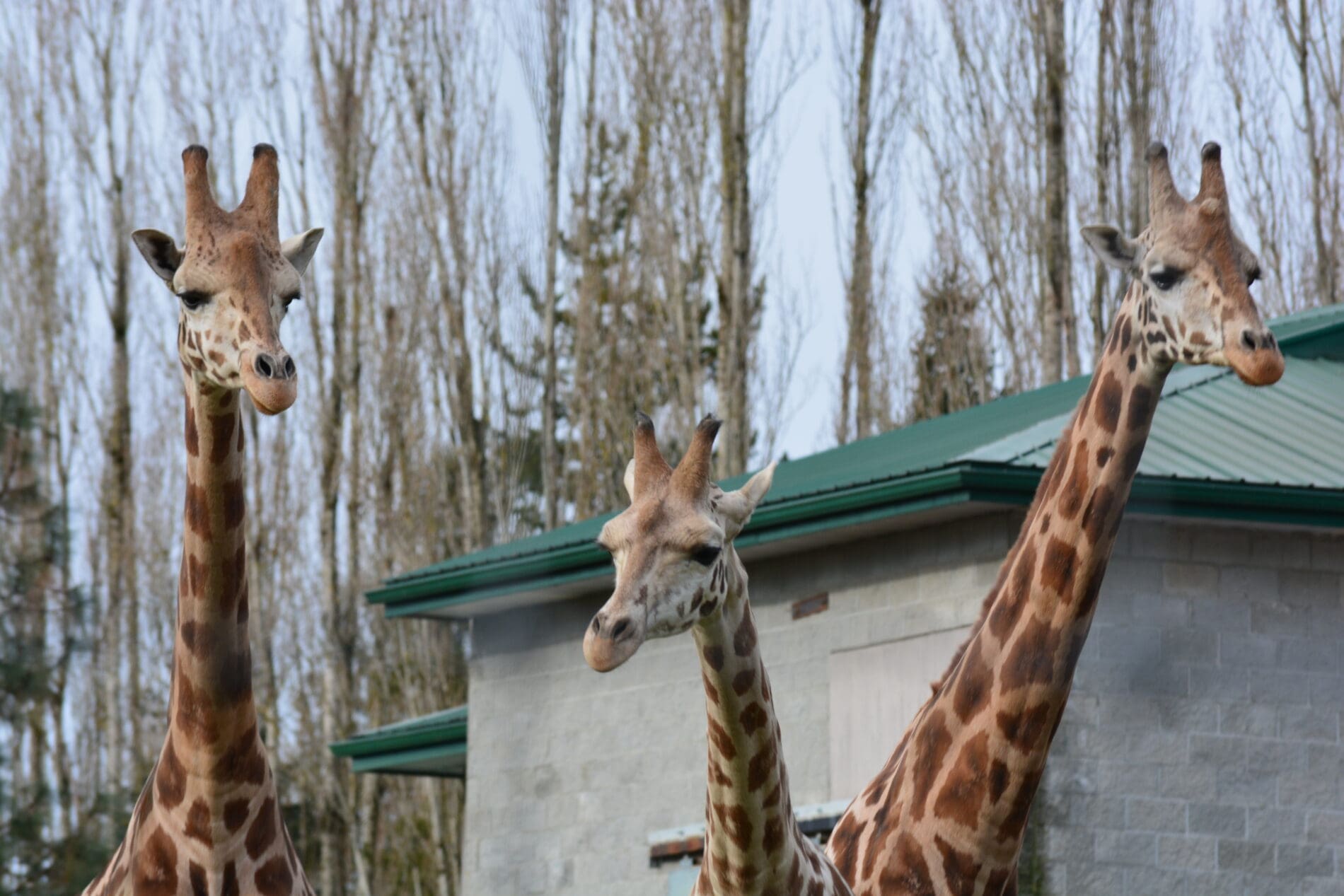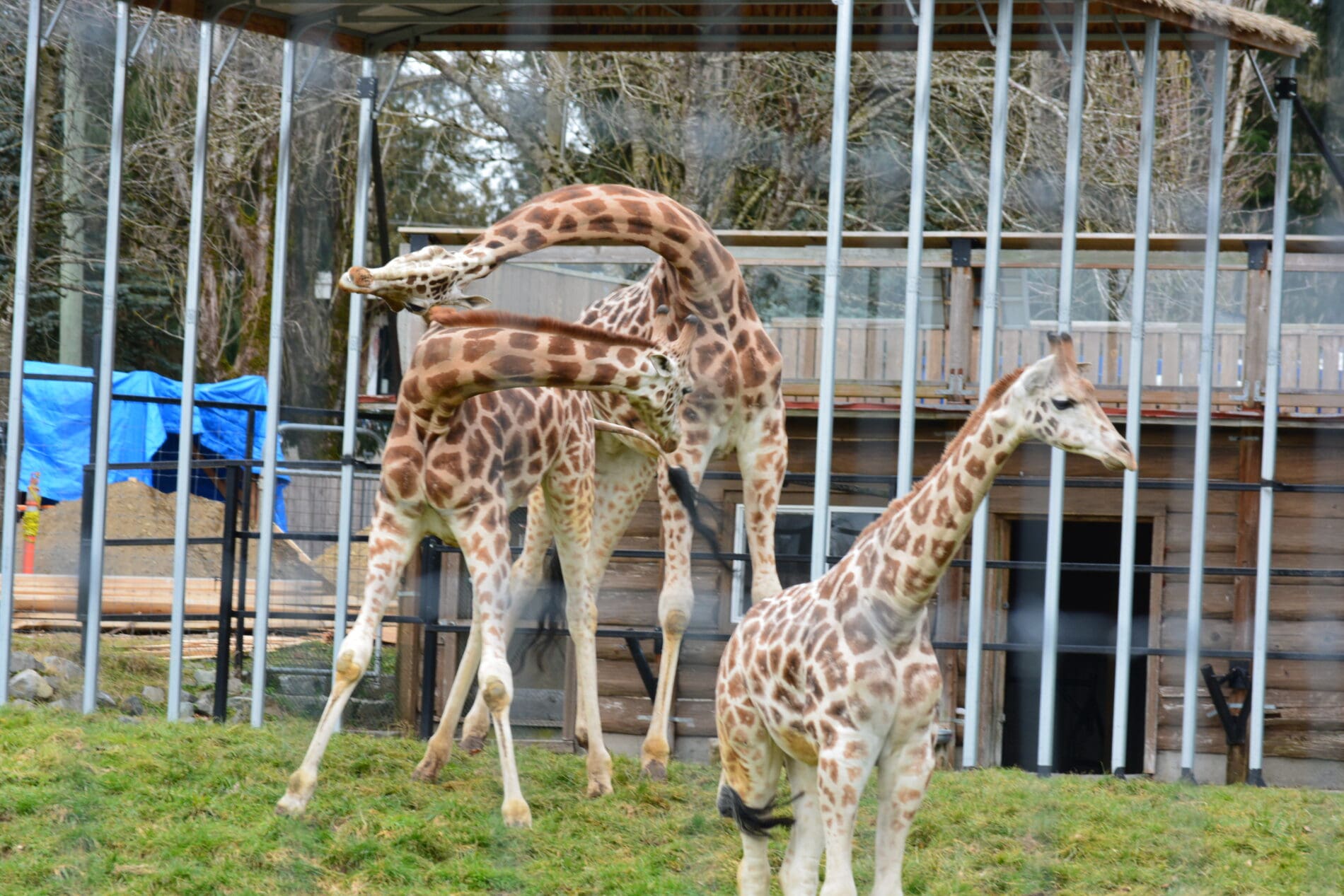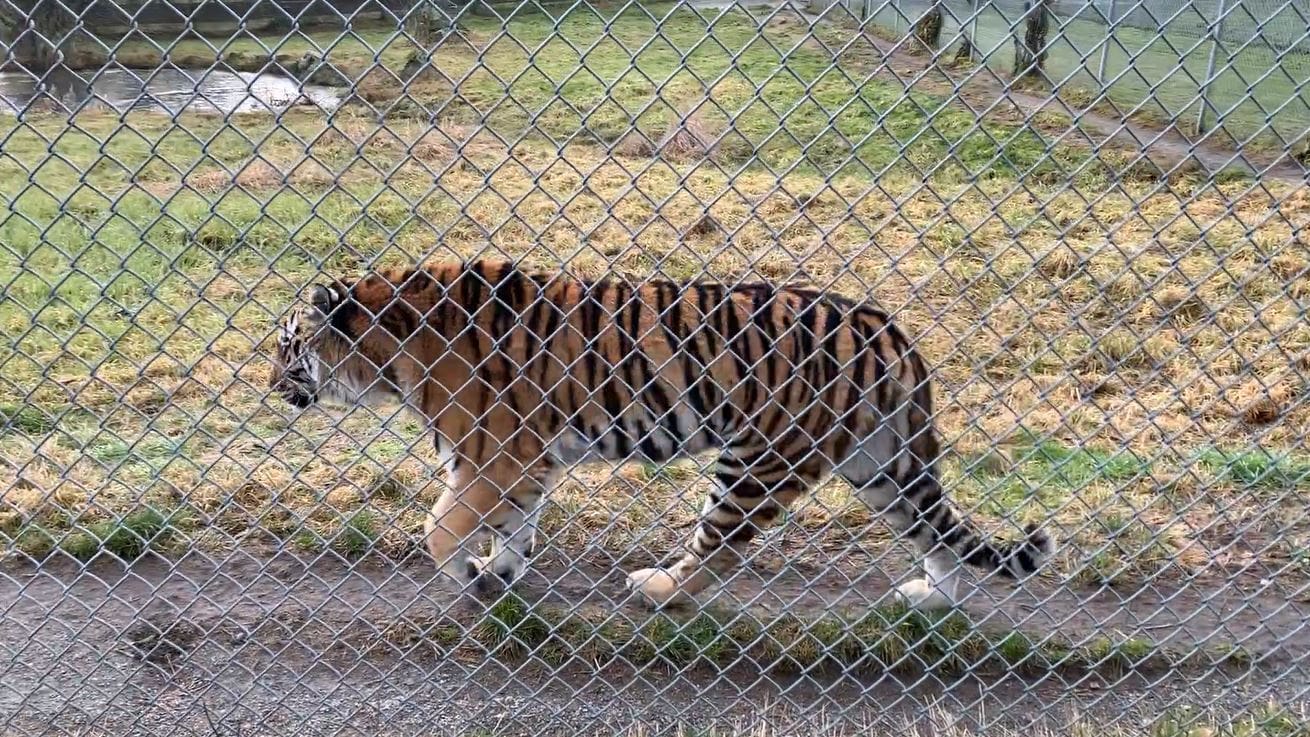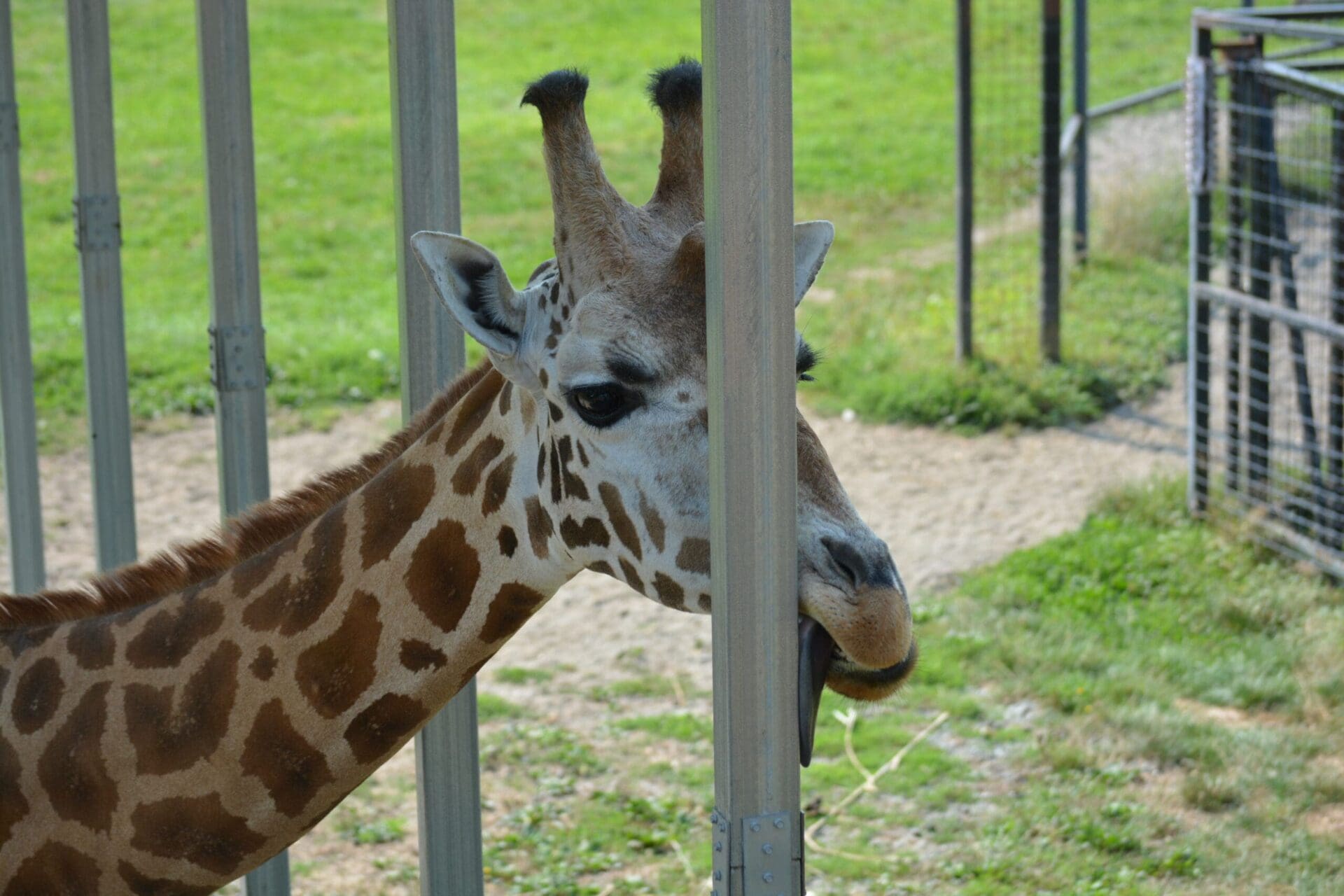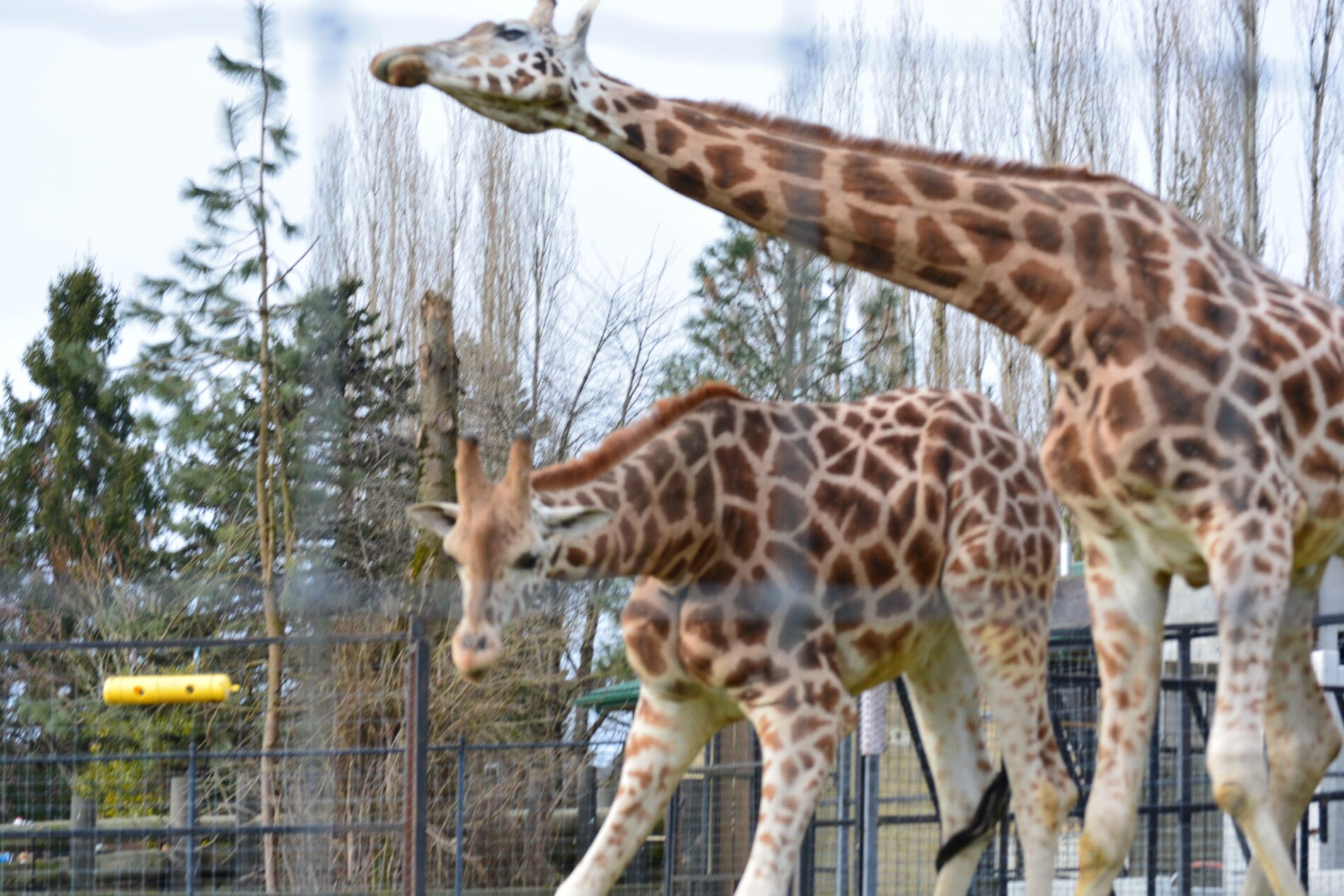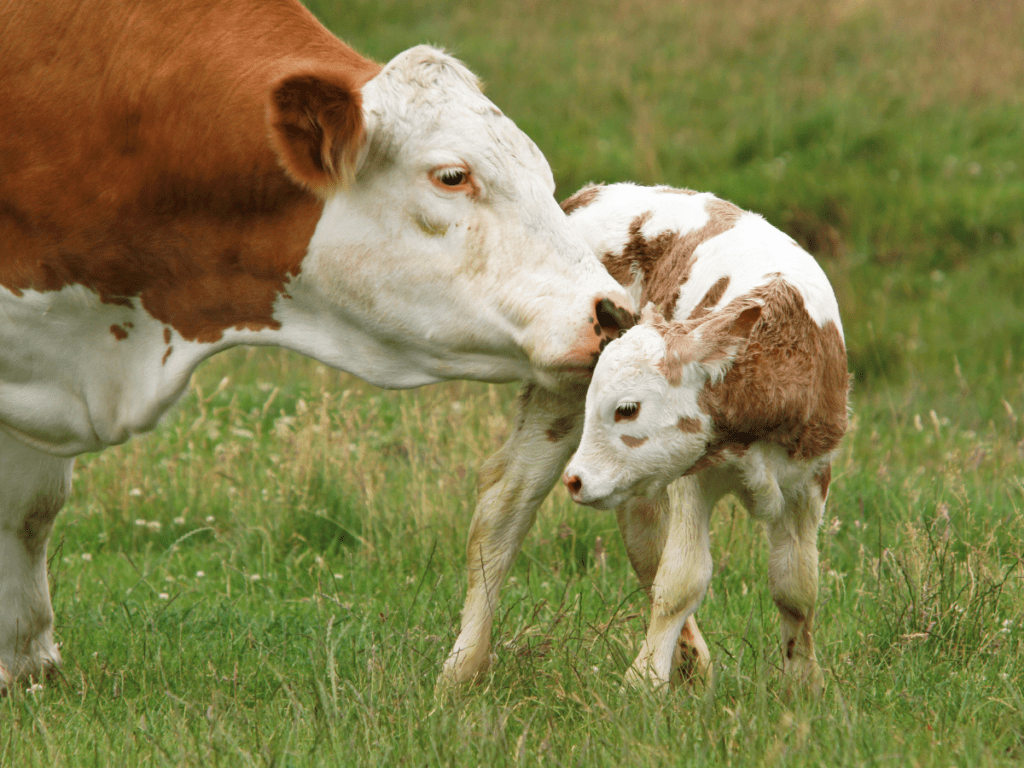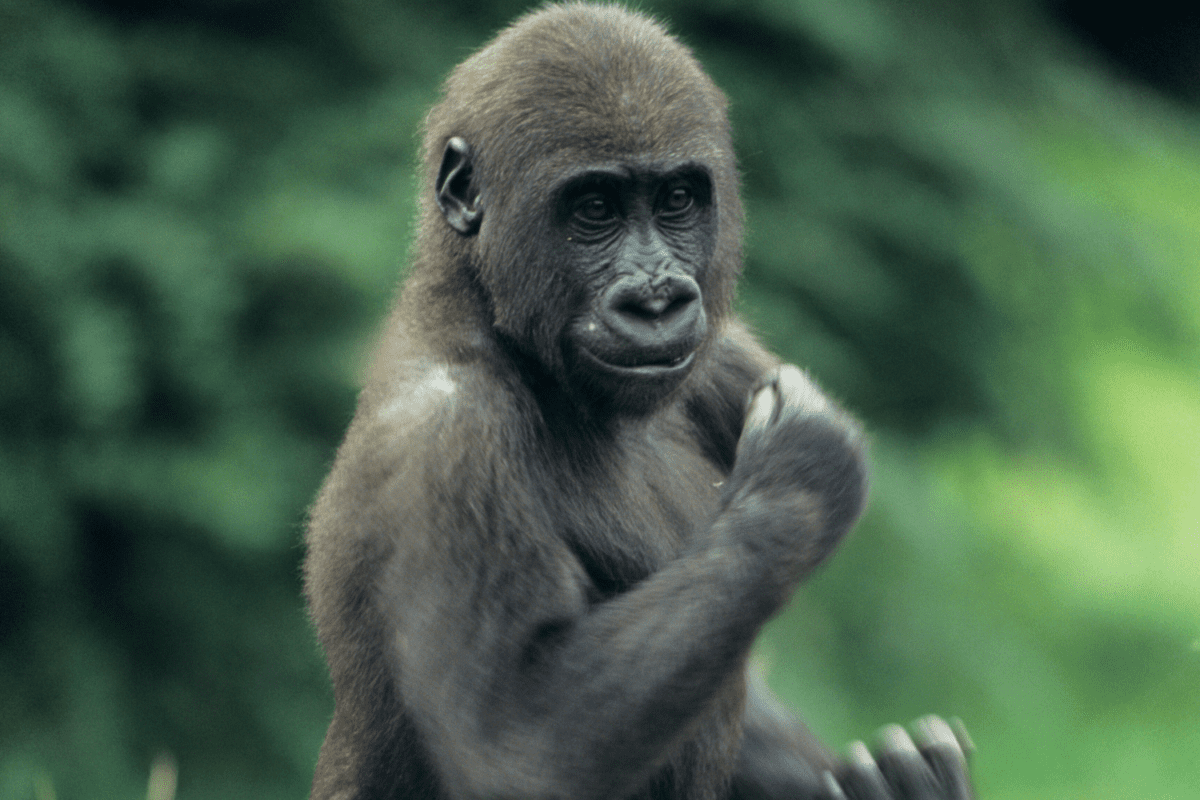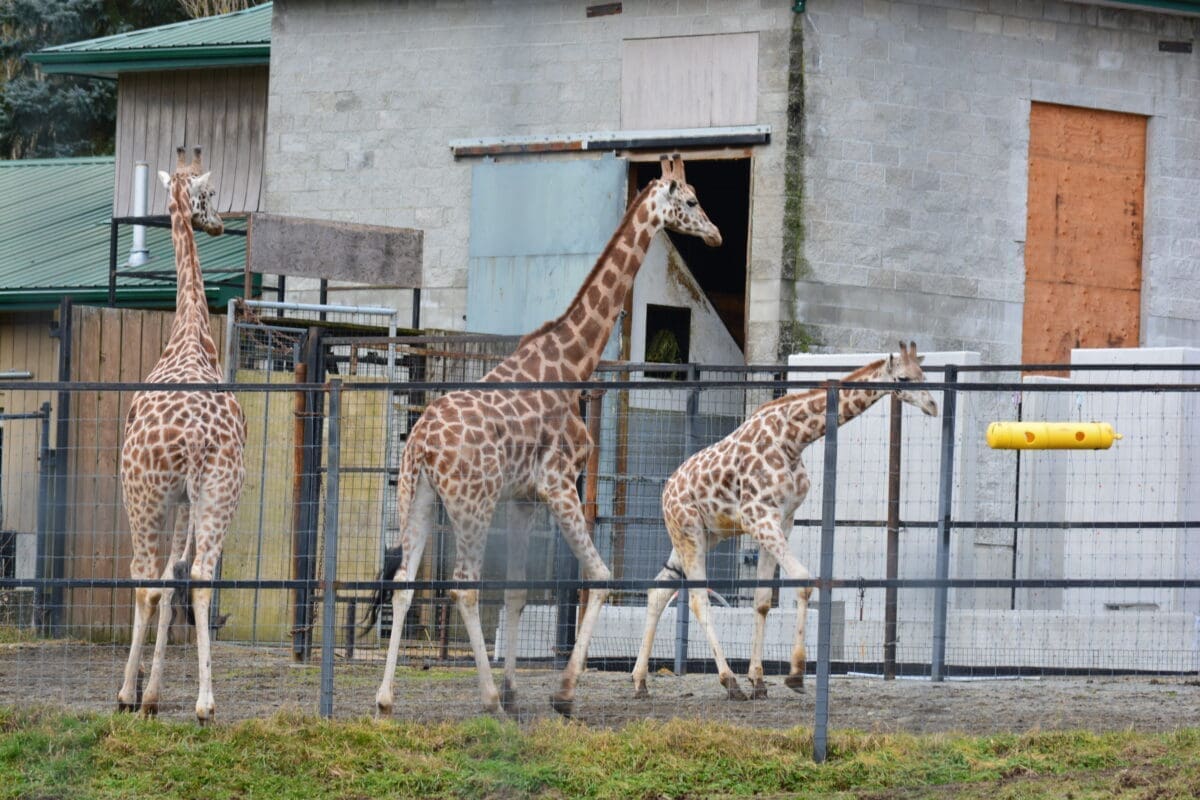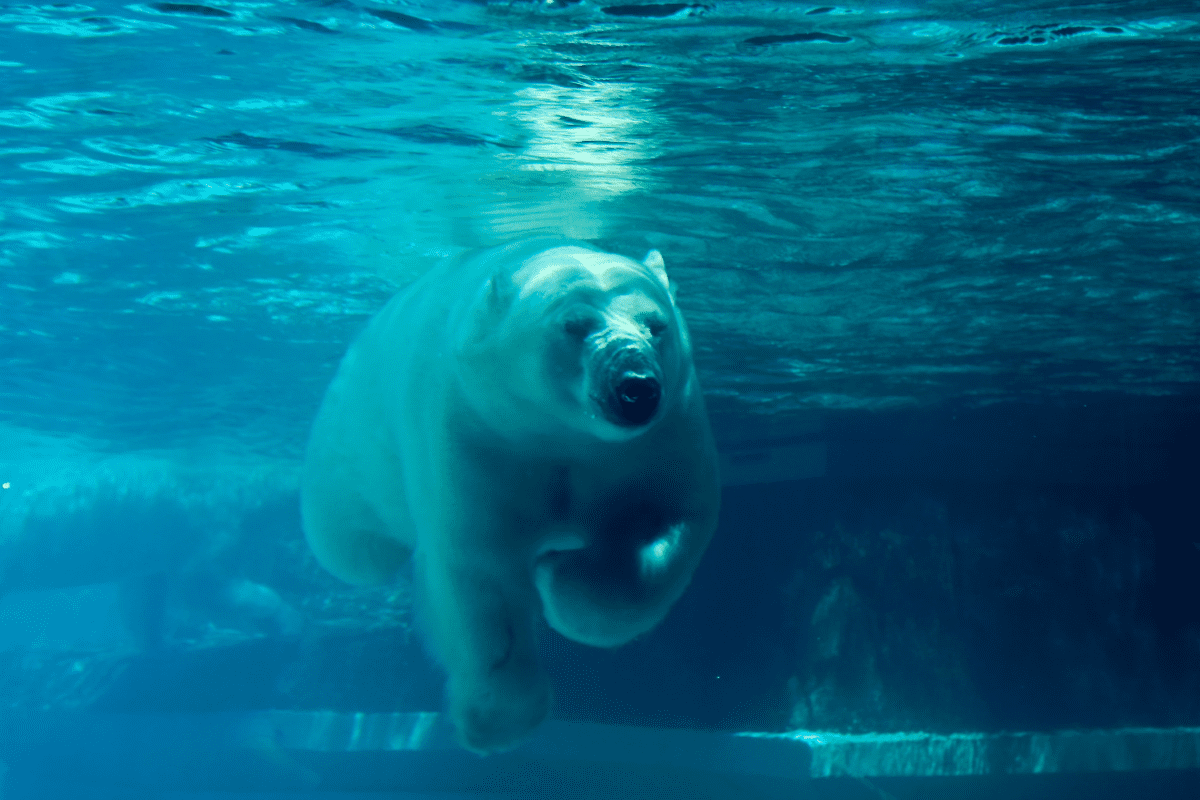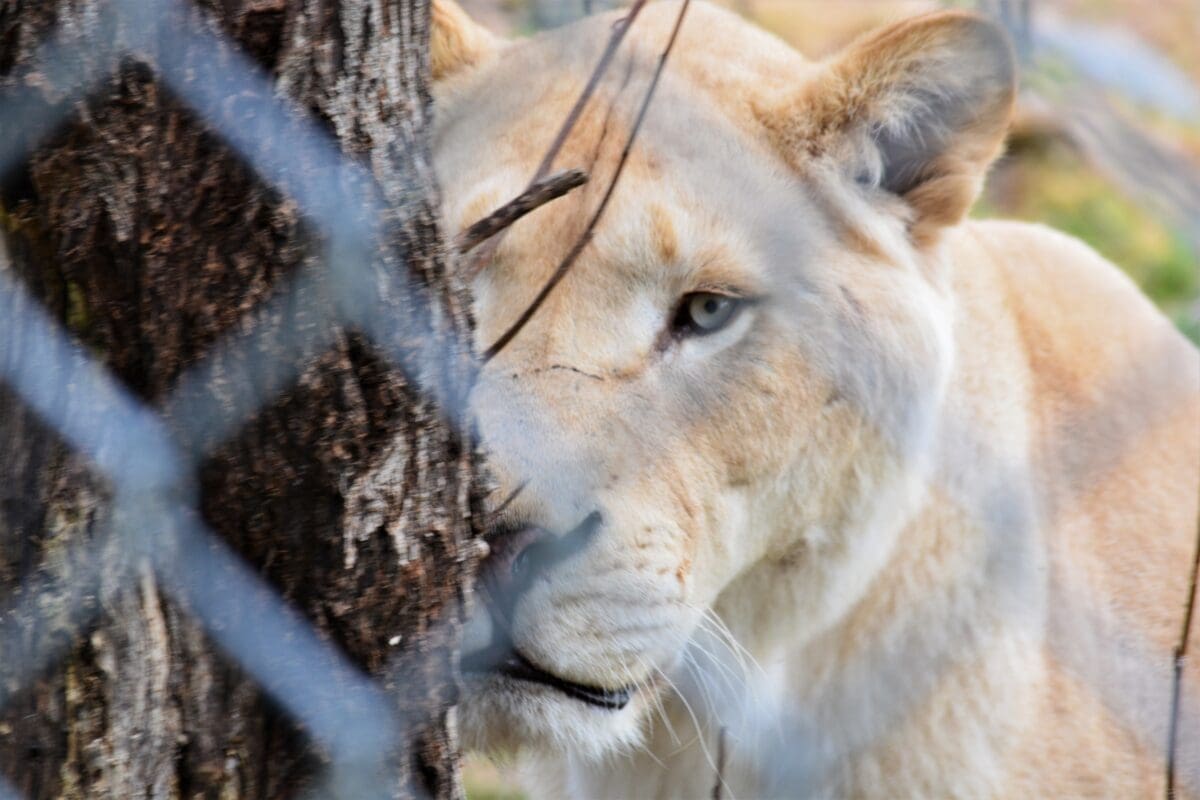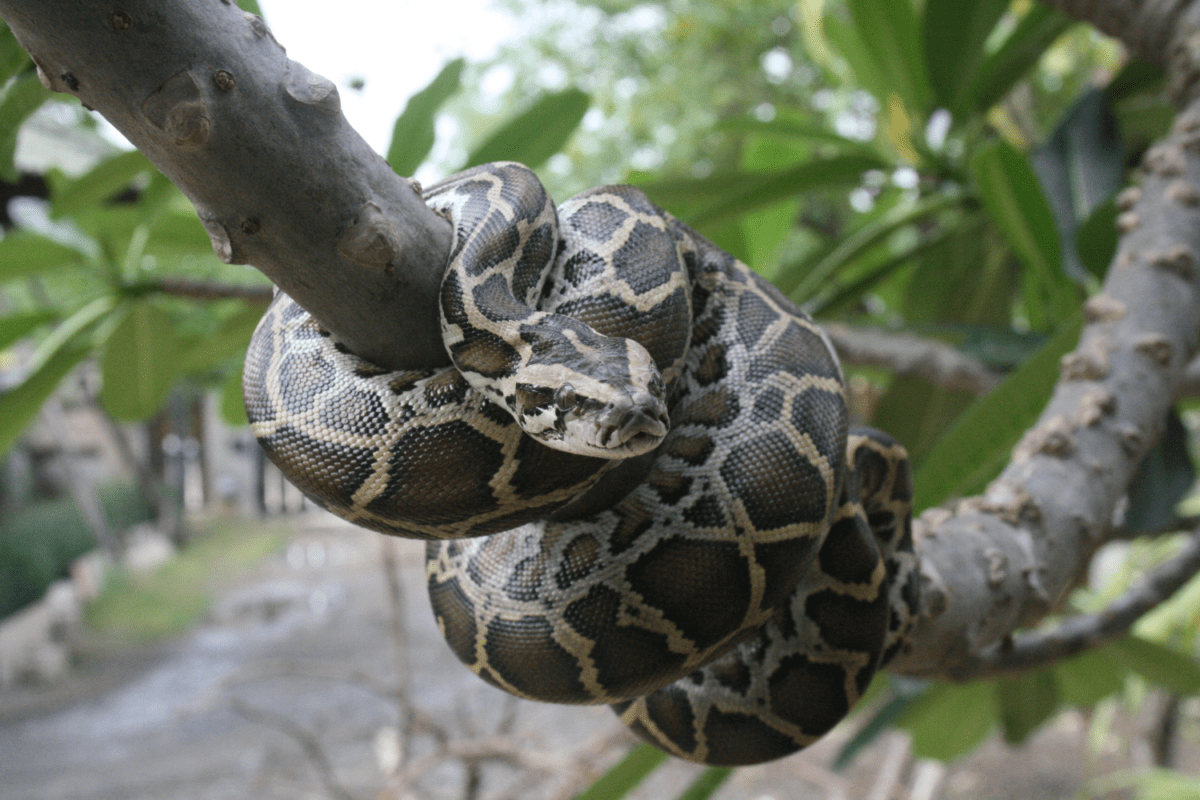- B.C. residents: Please call on your local government to endorse a resolution seeking stronger protections for exotic animals and animals used in mobile programs.
- The Union of BC Municipalities (UBCM), which serves as the voice for local governments across B.C., will be meeting for their annual convention Sept 22-26 in Victoria.
- UBCM members will consider a resolution calling on the B.C. government to regulate mobile live animal programs (MLAPs) and update regulations relating to exotic (non-native, undomesticated) species.
- The UBCM resolution (pg. 173 of Resolutions Book) was put forward by Port Moody Council following a Port Moody decision earlier this year to prohibit MLAPs, such as mobile petting zoos.
- Port Moody’s decision was a result of animal welfare, environmental, public health and safety, and educational concerns associated with MLAPs.
TAKE ACTION: Use the quick message tool below to urge your local government to endorse the UBCM resolution seeking stronger protections for animals transported for public display, handling, or sale and for updated regulations related to the import, keeping, breeding, and transport of all exotic species.
Learn more
What are mobile live animal programs?
Mobile live animal programs (MLAPs) can take many forms, including travelling petting zoos, presentations, and expos. They involve the transport of animals to a location for display, public entertainment, or sale to the public, and feature a variety of different animals. MLAPs often include exotic animals (wild animals not native to B.C.), such as spiders, snakes, lizards, and tortoises.
Concerns regarding MLAPs include:
- Frequent, and at times long-distance, transport of animals to events;
- Small, barren enclosures with little to no opportunity for natural behaviours or the ability to escape the view of the public and other animals;
- Frequent public handling, increasing risk of injury and disease spread;
- Lack of educational value and the risk of perpetuating misconceptions about animal care and needs.
What are the issues with keeping exotic animals as pets?
- Animal welfare: Exotic animals (wild animals not native to B.C.), even if they are born in captivity, still have the same complex needs they would in the wild. It’s extremely difficult to recreate their natural environment in captivity, and when those needs aren’t met, the animals often suffer.
- Public health & safety concerns: Approximately 75% of emerging infectious diseases are zoonotic, meaning they can spread from animals to humans. In the last decade, there have been seven documented disease outbreaks in B.C. linked to the exotic pet trade, four of which occurred in 2023 and 2024 and were associated with snakes, lizards, and geckos.
- Ecological threats: Escaped or released pets can become invasive species, displacing native wildlife, threatening habitats, and spreading new diseases.
- Community impacts: Escaped or released animals and the surrender of unwanted exotic pets strain already overwhelmed shelters, rescues, and veterinary services. There have been many documented instances of escaped/released exotic pets in B.C. in recent years.

